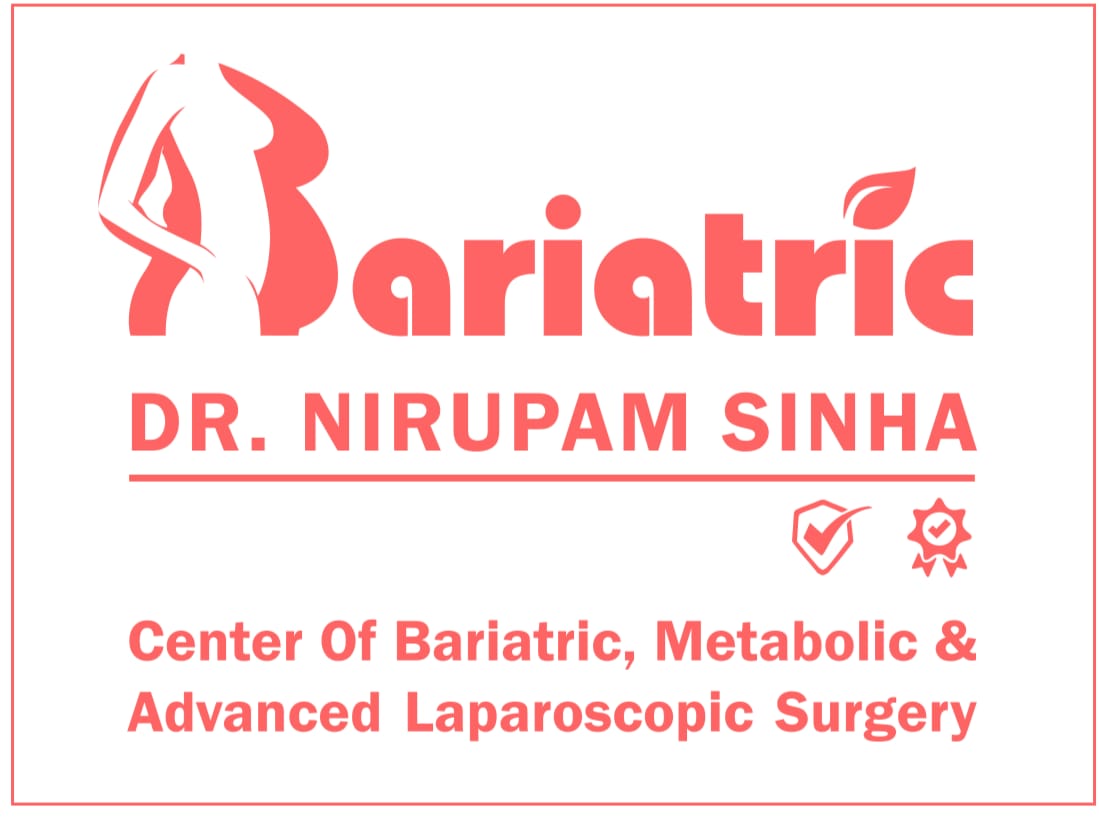

Ozempic for Weight Loss: Popular, But Not Always Practical-A bariatric Surgeon’s Perspective
In a trend-based, fix-it-fast culture, Ozempic (semaglutide) has been in the spotlight for its power to induce weight loss—particularly among influencers and celebrities. Yet as a bariatric surgeon, I find myself telling patients regularly: what's popular isn't always best for your health.
Yes, Ozempic can help some people lose weight. But it’s not a long-term solution for obesity. If you’re serious about reversing obesity and reclaiming your health for life, bariatric surgery remains the gold standard.
Let me explain why.
The Ozempic Hype: Short-Term Results, Long-Term Dependence?
Ozempic is a GLP-1 receptor agonist—initially developed for patients with type 2 diabetes. With time, its action in suppressing appetite and lowering blood glucose was found to lead to moderate weight reduction (10–15%).
That might seem great, but there are critical facts patients must understand:
You have to keep taking Ozempic to sustain weight loss
· It reverses once it is discontinued
· It does not cure metabolic diseases forever
· It costs a lot (~₹20,000–₹30,000/month in India)
· It can lead to gastrointestinal side effects, fatigue, and nutritional problems
"Ozempic is a Band-Aid. It might work, but it won't create a foundation. That's where surgery comes in."
Bariatric Surgery: A Proven, Permanent Solution
Bariatric surgery alters the anatomy and physiology of your digestive system, resulting in sustained weight loss and disease reversal.
Unlike short-term medications, it is not.
Here's why I believe in surgery more than fleeting trends:
· 60–70% weight loss of excess body weight
· Long-term improvement in conditions such as type 2 diabetes, PCOD, sleep apnea, and hypertension
· Results that are evidence-based and that last for decades
· Lowers risk of premature death and heart disease
· Restores your metabolic health, not only appearance
"When done to the right candidate, bariatric surgery can transform—not merely your size—but your lifespan."
Feature
Ozempic
Bariatric Surgery
Procedure Type
Non-surgical
Surgical
Weight Loss
10–15% (temporary)
60–70% (sustained)
Use Duration
Weekly, indefinitely
One-time permanent solution
Disease Reversal
Limited
Proven for diabetes, PCOD
Long-term Impact
Weight regains post-stop
Long-term health improvement
But Isn't Surgery Risky?
Any surgery poses risks—but current bariatric surgery is minimally invasive, safe, and has low complication rates in skilled hands. In contrast to the life-long complications of obesity, surgery is frequently the safer route.
We assist each patient in making an informed choice on:
Age and BMI
Lifestyle and food behavior
Current diseases (diabetes, PCOD, fatty liver)
Motivation and long-term objectives
Read Also: Best Diabetes treatment
What we Tell our Patients
"If your weight is impacting your health, don't pursue a trend. Select a solution that brings freedom—not dependence."
I do prescribe Ozempic in very limited situations—for brief duration of use, particularly when an individual is going for surgery or requires early treatment. But it's never the endgame.
Obesity is not a beauty problem—it's a chronic, relapsing illness. And it requires a solution that's science-based, not social media.
Ready for a Permanent Change?
If you're fed up with dieting, injections, or jumping between weight loss trends—let's discuss. At Nirupam Obesity Clinic, we provide:
· Expert consultation
· Full metabolic evaluation
· Medical and surgical weight reduction programs
· Support pre-treatment, during treatment, and post-treatment
Confused about your options? Let’s talk. Call now.
https://www.nirupamobesityclinic.com/contact-us.html
Call: +91 7070703012
Created with © Dr. Nirupam Sinha